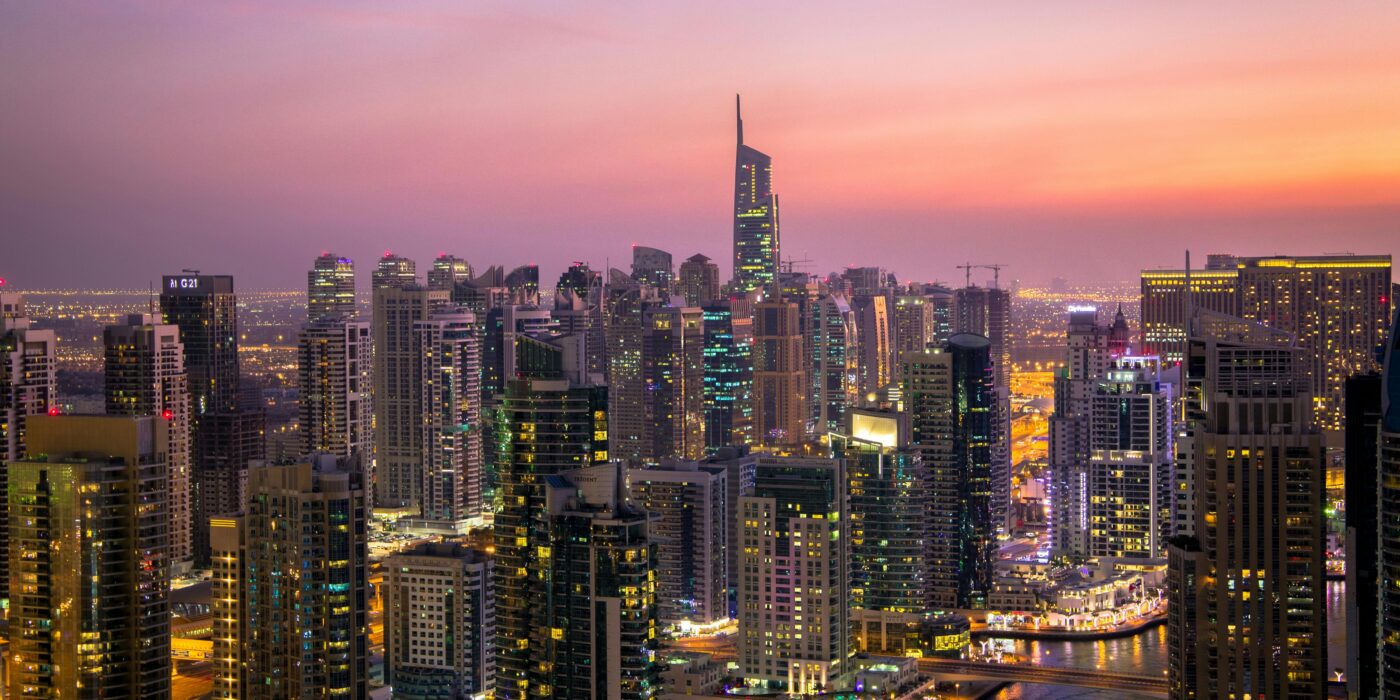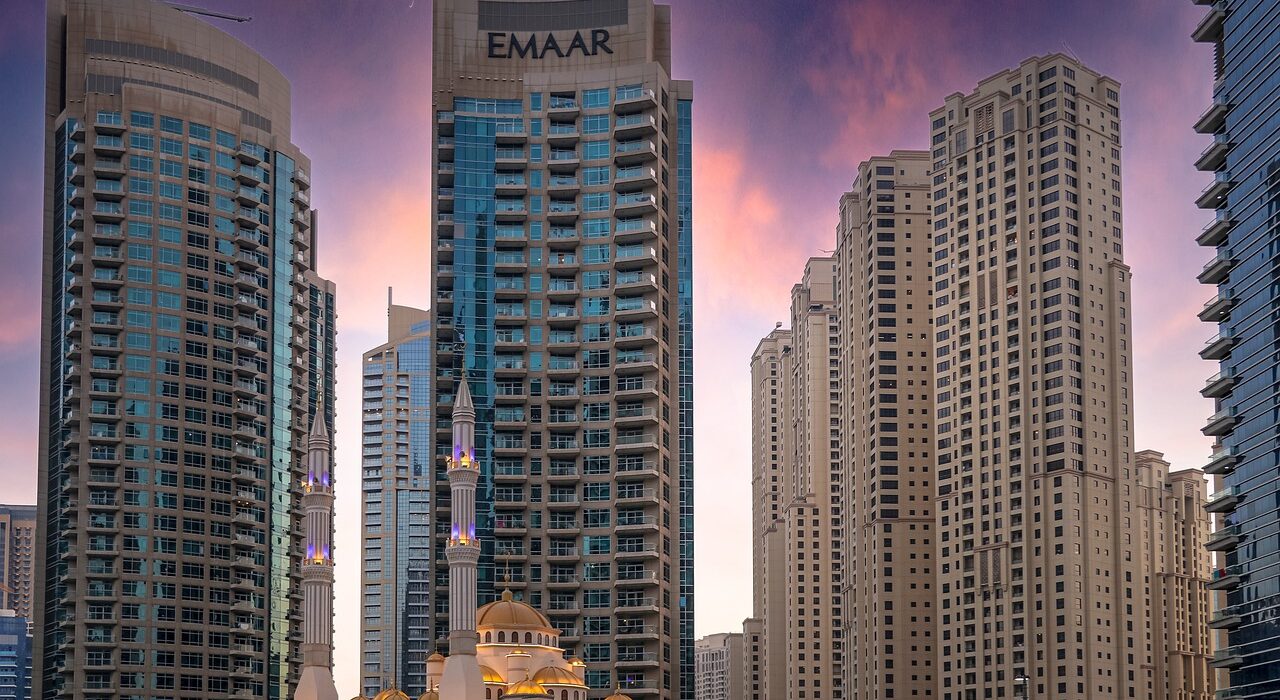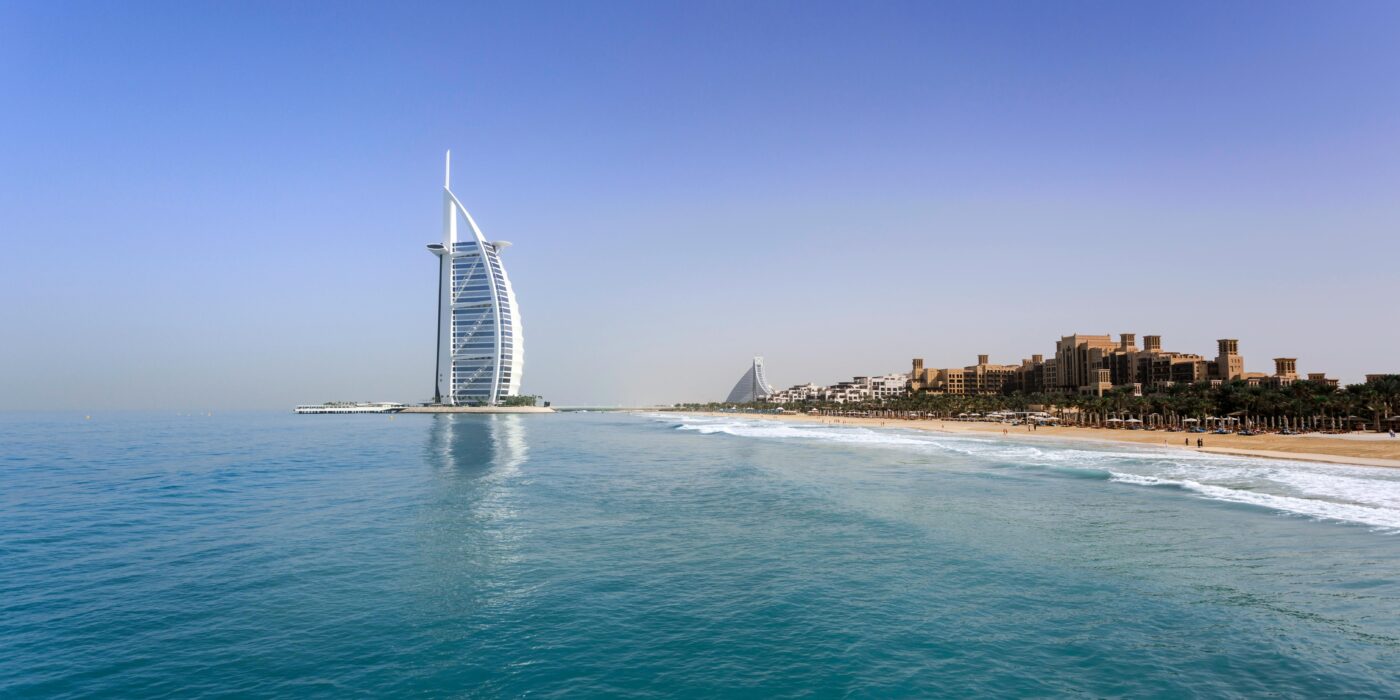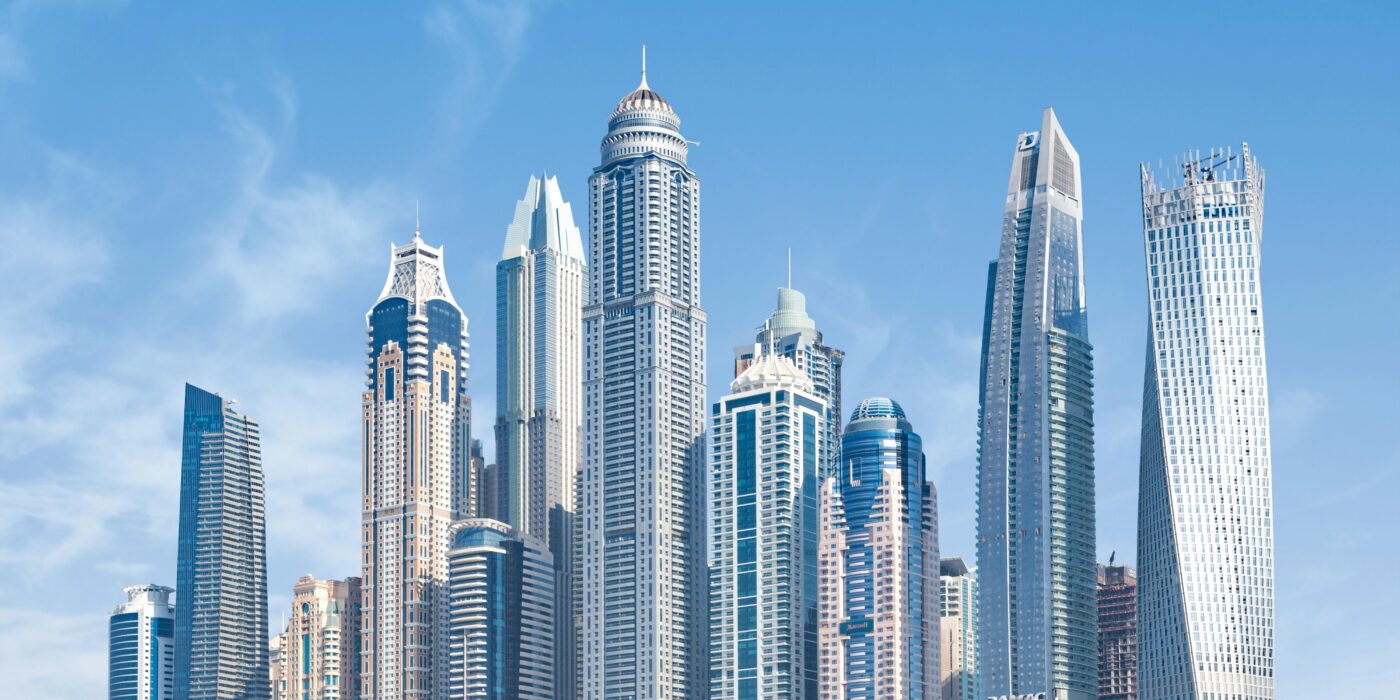The global Airbnb rental market has evolved significantly over the past few years, driven by shifting travel trends, technological advancements, and changing guest preferences. As the world continues to recover from the pandemic and travel resumes at a faster pace, hosts and guests alike are adjusting to new dynamics. Here’s what you can expect in the Airbnb rental market worldwide:
1. Increased Demand for Flexible Stays
Remote work has become a permanent fixture in many industries, and with it, the demand for flexible and extended stays has surged. More professionals are blending work and travel, opting for “workcations” where they can work remotely from Airbnb properties for weeks or even months at a time. This trend is reshaping the market, with a growing number of listings offering high-speed internet, dedicated workspaces, and other amenities tailored to remote workers. Hosts who cater to this demographic can expect to see longer bookings and increased occupancy rates. If you’re a Dubai property management company, this trend presents a great opportunity to cater to the growing number of remote workers choosing Dubai as a destination.
2. Growth in Rural and Offbeat Destinations
While urban areas remain popular, there has been a notable shift toward rural and offbeat destinations. Many travelers are looking to escape crowded cities in favor of nature, space, and unique experiences. Airbnb has reported increased demand for properties in secluded locations such as mountain cabins, lakeside homes, and countryside retreats. Travelers are seeking peaceful escapes, and properties offering proximity to outdoor activities or tranquil settings are becoming hot commodities. This trend offers opportunities for hosts in less conventional markets to attract guests, including those who work with a Dubai property management company to manage their remote or rural properties in the UAE.
3. Higher Competition Among Hosts
As Airbnb continues to expand, competition among hosts is intensifying, particularly in high-demand areas. More properties are being listed, which means hosts need to differentiate themselves to stand out. Offering competitive pricing, unique design elements, and exceptional guest experiences will be critical for attracting bookings. Providing personalized touches, offering luxury amenities, or highlighting proximity to local attractions are just some of the ways hosts can maintain a competitive edge. In this environment, reviews and ratings will become increasingly important, as guests have more options to choose from. A Dubai property management company can play a key role in helping hosts optimize their listings, manage competition, and ensure high guest satisfaction.
4. Sustainability and Eco-Friendly Stays
Sustainability is becoming a growing focus for travelers worldwide. More guests are actively seeking out eco-friendly accommodations that align with their values. Airbnb properties with sustainable features such as solar panels, rainwater harvesting, energy-efficient appliances, and recycling programs are attracting environmentally-conscious travelers. As the demand for green travel rises, hosts who incorporate sustainable practices into their properties can tap into this expanding market segment. Airbnb is also promoting sustainability, with eco-badges and filters to help guests find environmentally-friendly stays.
5. Focus on Safety and Hygiene
Health and safety remain a top priority for travelers in the post-pandemic world. Airbnb introduced enhanced cleaning protocols during the pandemic, and these guidelines are likely to continue influencing guest preferences for the foreseeable future. Properties that emphasize cleanliness, provide contactless check-in options, and offer hand sanitizers or cleaning supplies are more appealing to cautious travelers. Maintaining high safety and hygiene standards will be key to winning bookings, particularly for hosts in popular tourist destinations.
6. Rising Prices in High-Demand Areas
With the gradual return of tourism, Airbnb prices in high-demand locations such as major cities, tourist hotspots, and beach resorts are on the rise. This is particularly noticeable in places where travel restrictions have been lifted, and demand is surging. Increased competition among guests for limited supply in these areas is driving up nightly rates. For hosts, this presents an opportunity to maximize earnings, but for guests, it means being more selective about the timing and location of their trips. Travelers seeking value may turn to lesser-known areas where prices remain lower, creating opportunities for hosts in emerging markets.
7. Technology-Driven Experiences
The use of smart technology in Airbnb properties is gaining traction, enhancing guest experiences and making hosting more convenient. From smart locks that allow for contactless check-in to voice-activated assistants that control lights and thermostats, technology is playing a key role in improving comfort and efficiency. Hosts are increasingly incorporating these features to attract tech-savvy travelers. AI-powered tools, such as chatbots for guest inquiries and automated systems for managing bookings and cleaning, are also streamlining the hosting process. As technology advances, the Airbnb experience is becoming more seamless for both guests and hosts.
8. Regulatory Changes
Regulatory scrutiny of short-term rentals continues to grow in cities around the world. Governments are introducing stricter rules to manage the impact of short-term rentals on housing markets, local communities, and tourism. In some cities, regulations may limit the number of nights a property can be rented or require hosts to register their properties with local authorities. These rules are designed to ensure compliance with tax laws and reduce the negative effects of short-term rentals on long-term housing availability. Hosts need to stay informed about local regulations and adapt their business models to remain compliant while maximizing their property’s potential.
Conclusion
The Airbnb rental market is evolving rapidly as new trends emerge and reshape the landscape. Hosts who stay attuned to these shifts—whether it’s accommodating remote workers, emphasizing sustainability, or adopting new technologies—will be best positioned to thrive in a competitive global market. At the same time, the rising demand for flexible, unique, and safe stays presents significant opportunities for those willing to innovate and adapt to the changing needs of travelers.
As the world continues to embrace travel again, the Airbnb market is poised for further growth, offering hosts and guests new possibilities for exploration, connection, and profit.







